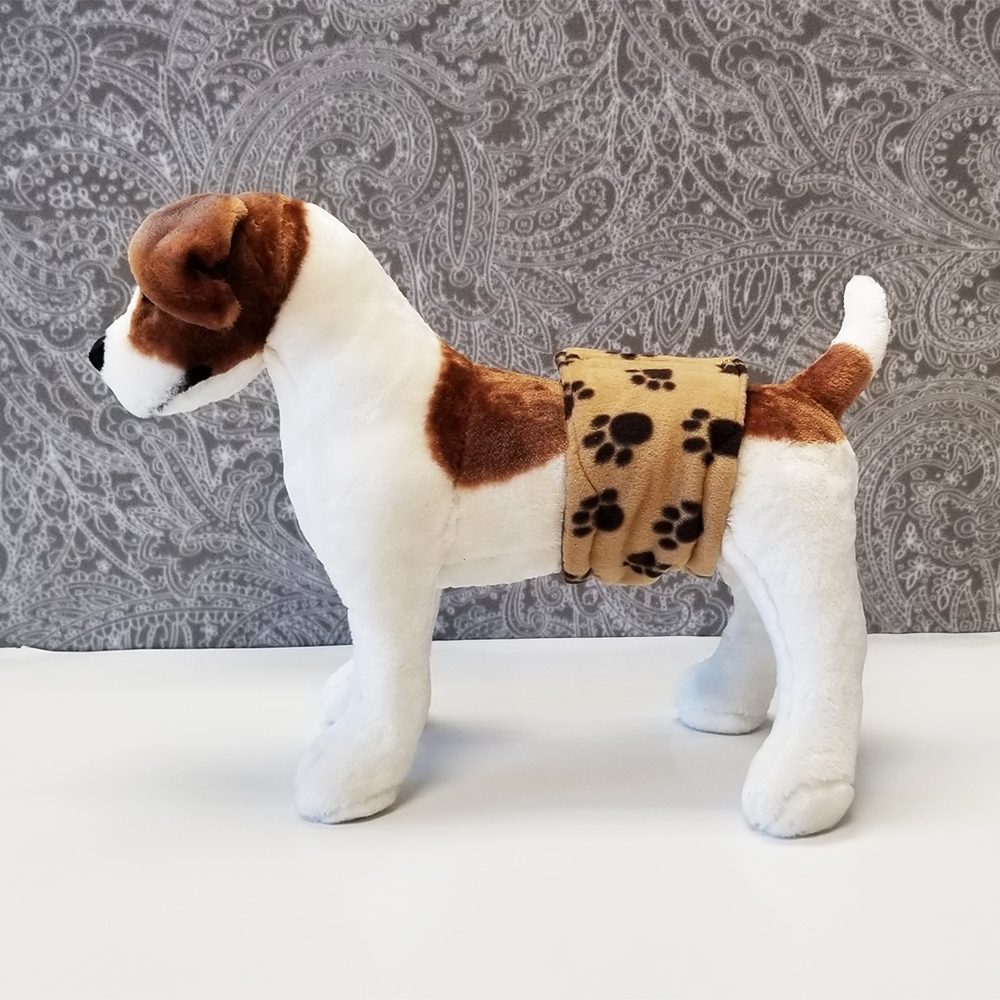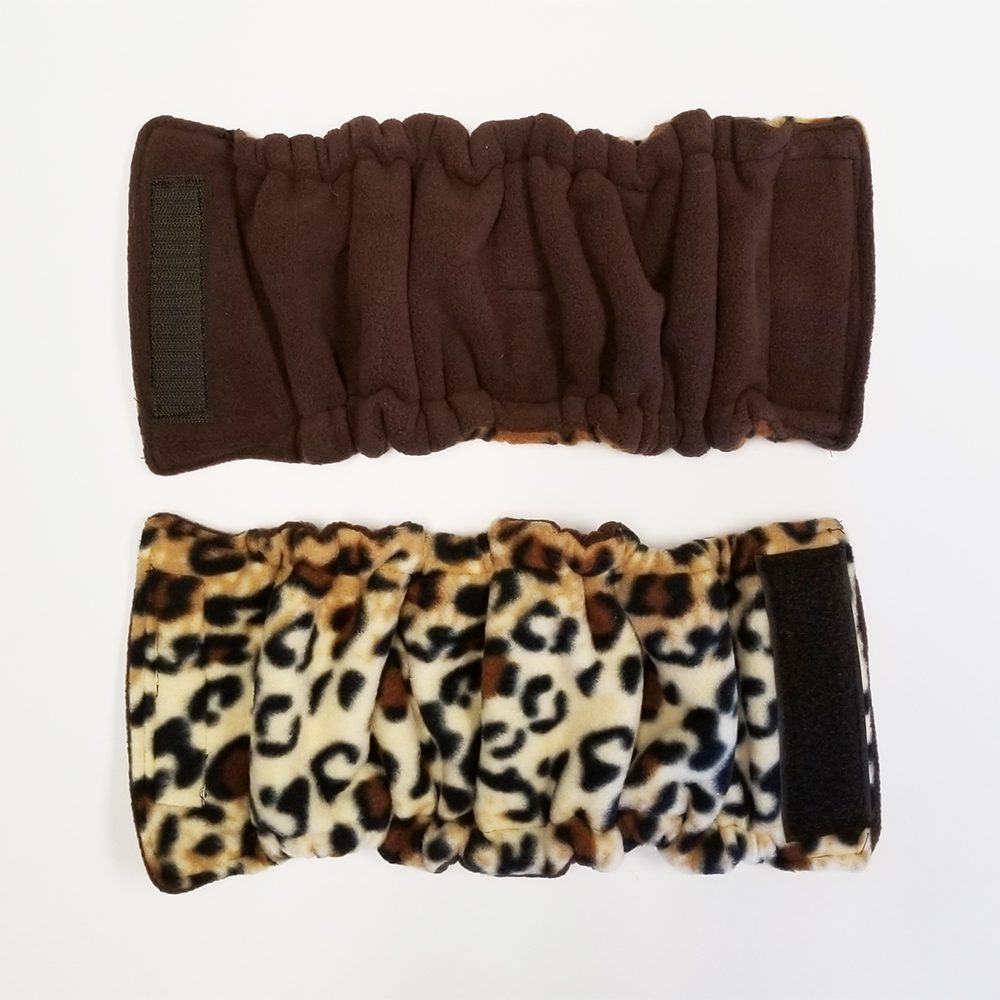Shiba Inu
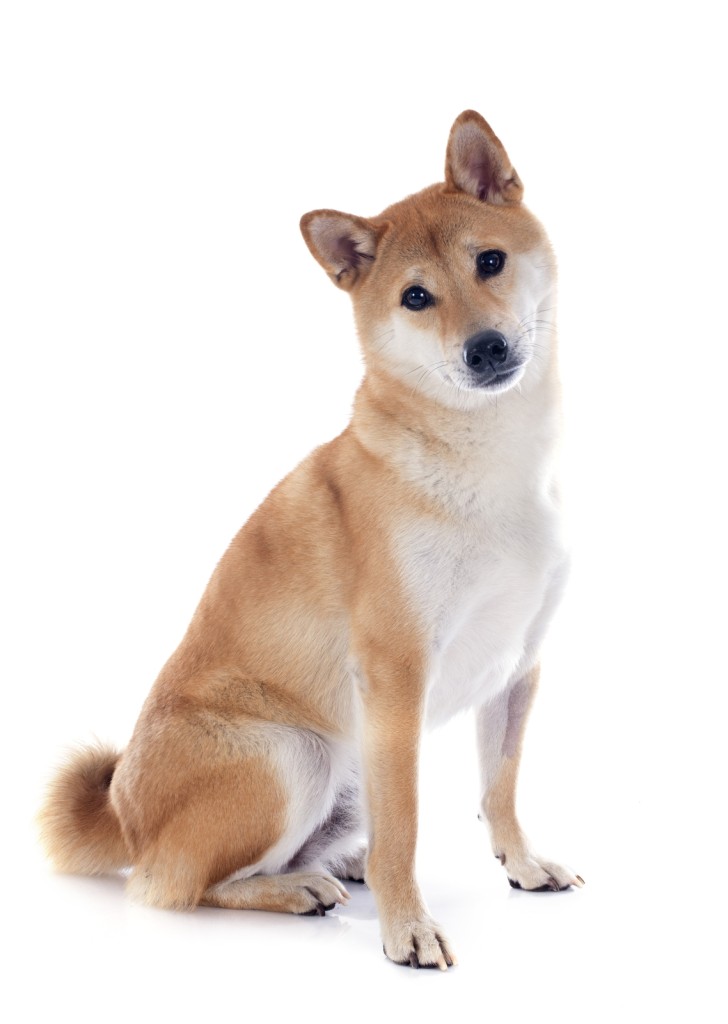
Shiba Inu: The Spirited and Independent Japanese Breed
Welcome to the comprehensive guide on the Shiba Inu, a breed renowned for its fox-like appearance, spirited personality, and keen intelligence. This page explores the Shiba Inu, a small to medium-sized Japanese breed known for its agility, loyalty, and distinctive traits, making it a popular and fascinating companion for families and individuals alike.
Overview
Height: Males: 14.5-16.5″; Females: 13.5-15.5″
Weight: Average: Males: 23 pounds; Females: 17 pounds
Colors: Red Sesame, Black Sesame, Sesame, Black and Tan, Red, Cream
Life Expectancy: 12-15 years
Group: Non-Sporting Group
_________________________________________
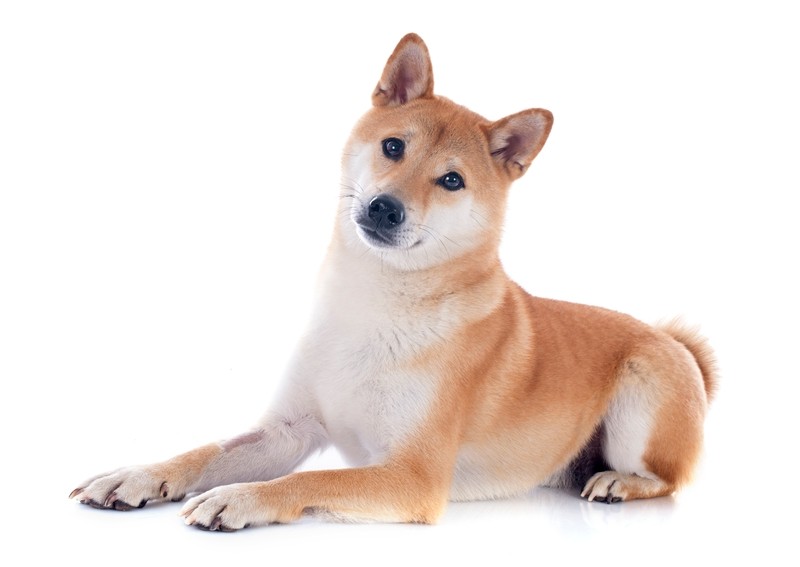
Physical Characteristics
- Striking Appearance: The Shiba Inu is known for its compact, muscular build and a confident stance. It has a double coat that is thick and plush, typically in shades of red, sesame, black and tan, or cream.
- Expressive Facial Features: With alert, triangular eyes and a bold, confident expression, Shiba Inus often resemble foxes. Their erect ears and curled tail add to their distinctive and charming look.
Temperament and Personality
- Independent and Intelligent: Shiba Inus are known for their independence and intelligence. They are often described as cat-like in their behavior and demeanor, showing both curiosity and self-sufficiency.
- Loyal and Alert: Despite their independence, Shiba Inus are loyal to their families. They are naturally alert and make excellent watchdogs, often reserved around strangers.
- Playful and Spirited: They possess a playful and spirited nature, often displaying a lively and energetic attitude. This breed can also show a stubborn streak, which adds to their unique personality.
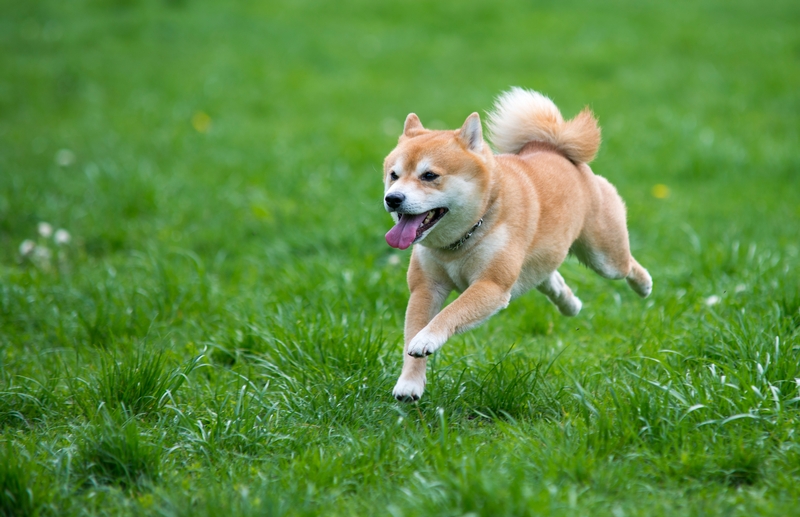
Training and Exercise Needs
- Training: Shiba Inus can be challenging to train due to their independent nature. Consistent, patient training with positive reinforcement is key. Early socialization is important to develop a well-rounded temperament.
- Exercise: Moderate exercise is sufficient for this breed. Daily walks, play sessions, and opportunities to safely explore outdoor spaces are ideal for keeping them physically and mentally stimulated.
- Mental Stimulation: Engaging in interactive play, puzzle toys, and training exercises is crucial for their mental well-being and to prevent boredom.
Health and Nutrition
- Diet: A balanced diet suitable for a small to medium-sized, active breed is important. Regular veterinary check-ups are essential to maintain their health.
- Common Health Issues: Generally robust, Shiba Inus can be prone to certain genetic health conditions. Regular health screenings are advisable to ensure their well-being. Some problems that can affect the breed are patellar luxation, PPM, distichiasis, corneal dystrophy, juvenile cataracts, PRA, entropian, hip dysplasia, allergies. Dog Health Dictionary
Grooming and Care
- Coat Maintenance: Their thick double coat requires regular brushing, especially during shedding seasons. This helps to maintain coat health and manage shedding.
- General Care: Routine care practices, such as dental hygiene, nail trimming, and ear cleaning, are important for their overall health.
Living with a Shiba Inu
- Family Compatibility: They are great with families and adapt well to different living environments. They are generally good with children and other pets when properly socialized.
- Adaptability: Shiba Inus are adaptable and can thrive in various settings, from apartments to homes with yards.
- Companionship: They form strong bonds with their owners, enjoying being part of family activities while also appreciating some independent time.
Responsible Ownership and Adoption
- Selecting a Breeder: Choose breeders who prioritize health, temperament, and adherence to breed standards.
- Adoption Options: Considering adoption from shelters or breed-specific rescues is a commendable way to offer a home to a Shiba Inu in need.
.
Conclusion: The Shiba Inu, with its distinctive appearance, independent character, and playful spirit, is an ideal breed for those seeking an alert, loyal, and engaging companion. Their adaptability and unique personality make them a beloved pet in many households.
Housebreaking
PUPPY HOUSEBREAKING tips: https://www.dog-breeds.net/puppy-housebreaking/
ADULT MARKING AND RETRAINING tips: https://www.dog-breeds.net/dog-housebreaking-marking-page/


